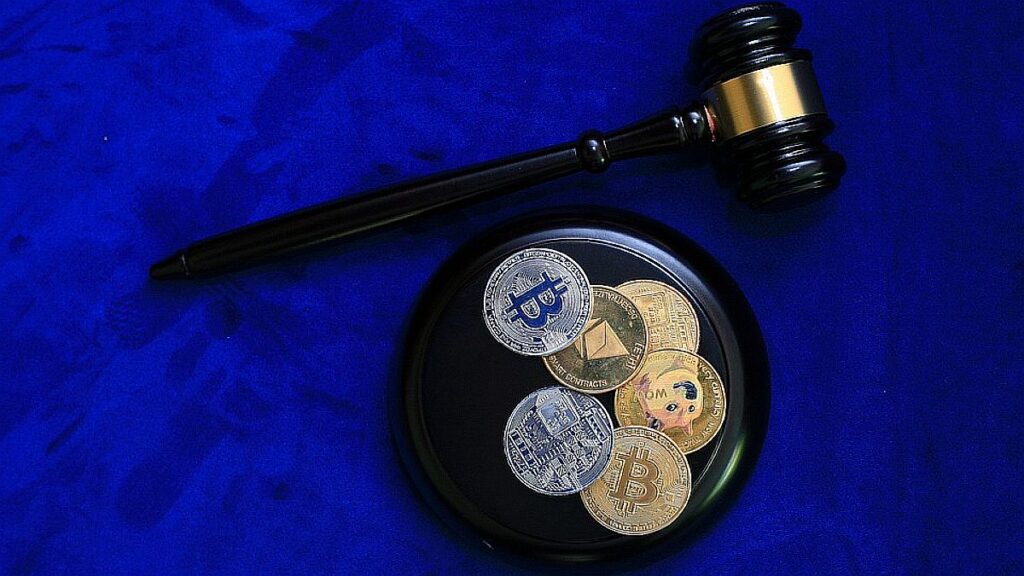Sweden has classified some crypto exchanges and cryptocurrency-related service providers as ‘professional money launderers’, claiming that criminals often use these platforms to launder the proceeds of all kinds of crime through cryptocurrency. In an official notification, authorities have identified four types of crypto exchanges that are designated as professional money launderers (PMLs). The Swedish Police Department and the Financial Intelligence Unit (FIU) of Sweden have collectively finalized this classification of crypto exchanges in the country.
In a report compiled by Sweden’s FIU, the authority states that the ability to launder large amounts of assets between crypto wallets internationally, unsupervised by intermediaries, has attracted criminals to the crypto sector.
“FIU Sweden’s assessment is that there is an increasing demand for PML from organized crime and that the services they provide are crucial to the criminal economy,” the report said. “There are also individual crypto exchange service providers that are more closely linked to criminal networks, who usually do not advertise their services publicly.”
Swedish authorities have divided illegal crypto exchanges (and those operating without a license) into four profiles, outlining the different ways criminals exploit them — node exchange providers, hawala exchange providers, asset exchange providers and platform exchange providers.
In the first two categories, Sweden blames crypto exchanges for playing a key role in sustaining the criminal economy, while also harboring underground banking networks. In the other two categories, the authorities there argue that illegal businesses related to cryptocurrencies also provide criminals with ways to launder their illicit funds.
“Crypto exchange providers in the form of PMLs can accommodate a diverse client base. The demand for cryptocurrency services is very high among criminals, suggesting that the use of cryptocurrency is widespread in the criminal arena. By fostering a criminal infrastructure, a crypto exchange service provider is part of a larger context. Their services support influential criminals in organized crime, thereby helping to finance the spiral of violence and other serious crimes,” the report states.
Sweden reportedly considers cryptocurrencies such as Bitcoin to be taxable financial instruments. Currently, the crypto sector is largely unregulated in the country.
The country is part of the European Union (EU) — and the bloc has already implemented a comprehensive set of regulations to govern the crypto sector called the MiCA framework. Sweden has suggested crypto trading platforms complying with the MiCA law to be very attentive to any unrecognized trading patterns on their clients’ wallets.


